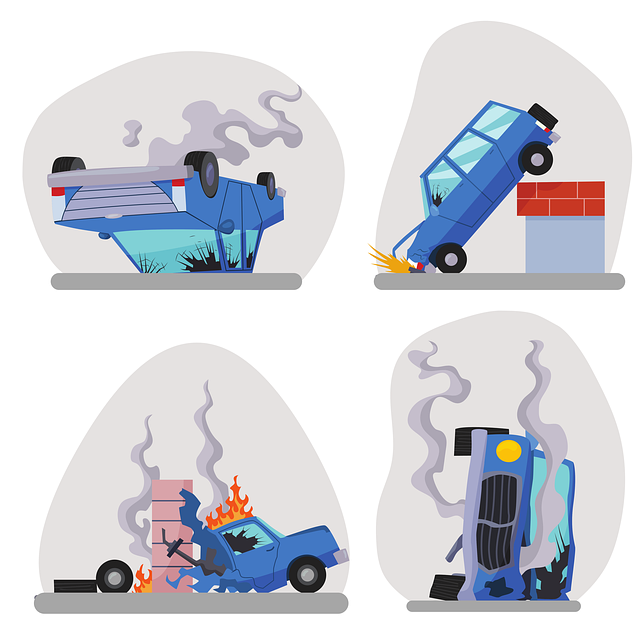A third-party workplace claim is when employees seek compensation from non-employers for work-related injuries, needing legal expertise in tort law. Eligibility requires an external party cause injury on workplace premises or during work activities. Gathering evidence and submitting a formal claim within deadlines are crucial steps with potential negotiations, settlements, or legal proceedings. Consulting an attorney protects rights throughout the process, especially considering elder law if elderly.
“Before filing a third-party workplace claim, it’s crucial to understand what these claims entail and how they differ from internal disputes. This article guides you through the intricacies, offering insights into understanding third-party workplace claims, eligibility criteria for filing, and the step-by-step process from initiation to resolution. By familiarizing yourself with these aspects, you’ll be better equipped to navigate the legal landscape surrounding third-party workplace claims.”
- Understanding Third-Party Workplace Claims
- Eligibility Criteria for Filing a Claim
- The Process: From Filing to Resolution
Understanding Third-Party Workplace Claims

A third-party workplace claim is a legal process where an employee seeks compensation from a party other than their direct employer for work-related injuries or damages. This can arise in various scenarios, such as when a construction worker sues a contractor for negligence leading to an accident on site, or an office employee files against a supplier whose defective product caused an injury on the job. The key distinction lies in the fact that it involves holding accountable someone other than the employer, who is typically immune from such claims under workers’ compensation laws.
Understanding these claims is crucial for employees seeking injury compensation, especially when dealing with pain and suffering as well as medical expenses. It’s important to recognize that filing a third-party claim can be a complex process, requiring legal expertise in navigating the nuances of tort law. Moreover, these cases often involve elder law considerations if the affected worker is elderly, ensuring their rights are protected during what can be a challenging time.
Eligibility Criteria for Filing a Claim

Before filing a third-party workplace claim, it’s crucial to understand the eligibility criteria. Firstly, the claim must involve an injury or harm caused by someone outside your immediate employer, such as a contractor, supplier, or even another employee from a different organization. This is distinct from internal disputes covered under employment contracts. Additionally, the incident should have occurred on workplace premises or during work-related activities, ensuring a clear link to the job environment.
In terms of eligibility, you’re likely to require legal representation from a qualified truck accident lawyer or nursing home neglect lawyer, especially for complex cases. The goal is to establish liability and demonstrate that the third party’s negligence directly resulted in your workplace injury. This process involves reviewing relevant laws, understanding the specific circumstances of the incident, and gathering compelling evidence to support your claim.
The Process: From Filing to Resolution

The process of filing a third-party workplace claim involves several key steps. Initially, it’s crucial to gather all relevant information and evidence pertaining to the incident, including medical records, witness statements, and any documentation related to the harm incurred. Once prepared, you’ll need to file a formal claim with your employer or the appropriate authority, ensuring all deadlines are met.
After filing, the claim will proceed through a series of stages. This typically includes negotiations with insurance companies, where a settlement offer may be presented. If both parties agree on terms, the case can resolve via a product liability settlement or, in more severe cases like wrongful death claims, proceed to legal proceedings. Throughout this journey, it’s recommended to consult a qualified truck accident attorney for guidance and representation to ensure your rights are protected.
Before filing a third-party workplace claim, it’s crucial to understand the process and eligibility criteria. By delving into these aspects, you can ensure a smooth journey towards resolution. Remember that each case is unique, so seeking professional guidance is essential to navigate the complexities of a third-party workplace claim effectively.






